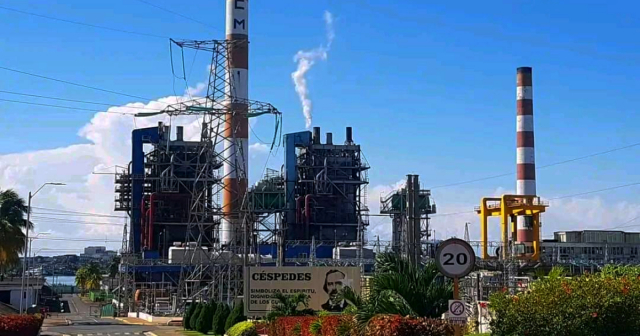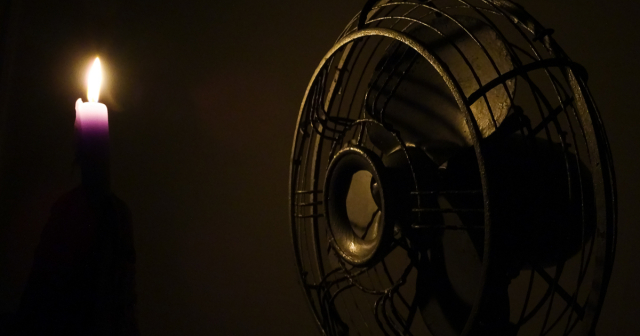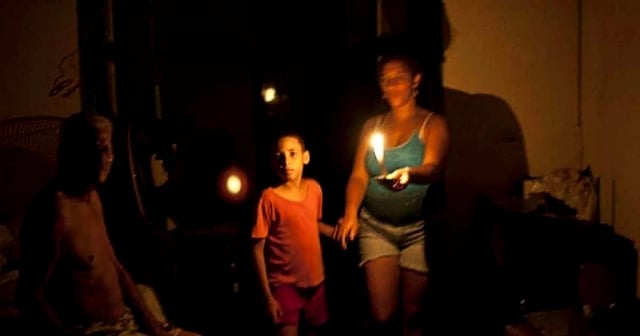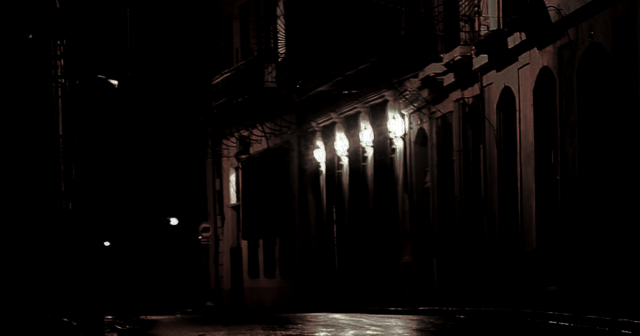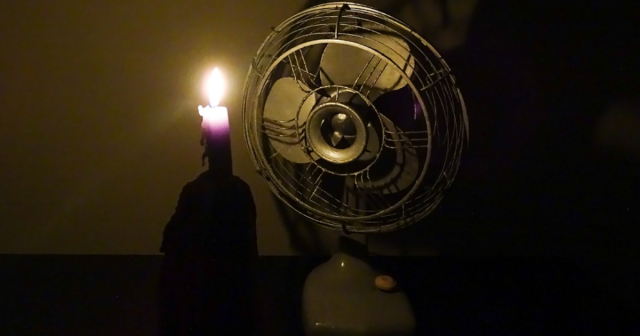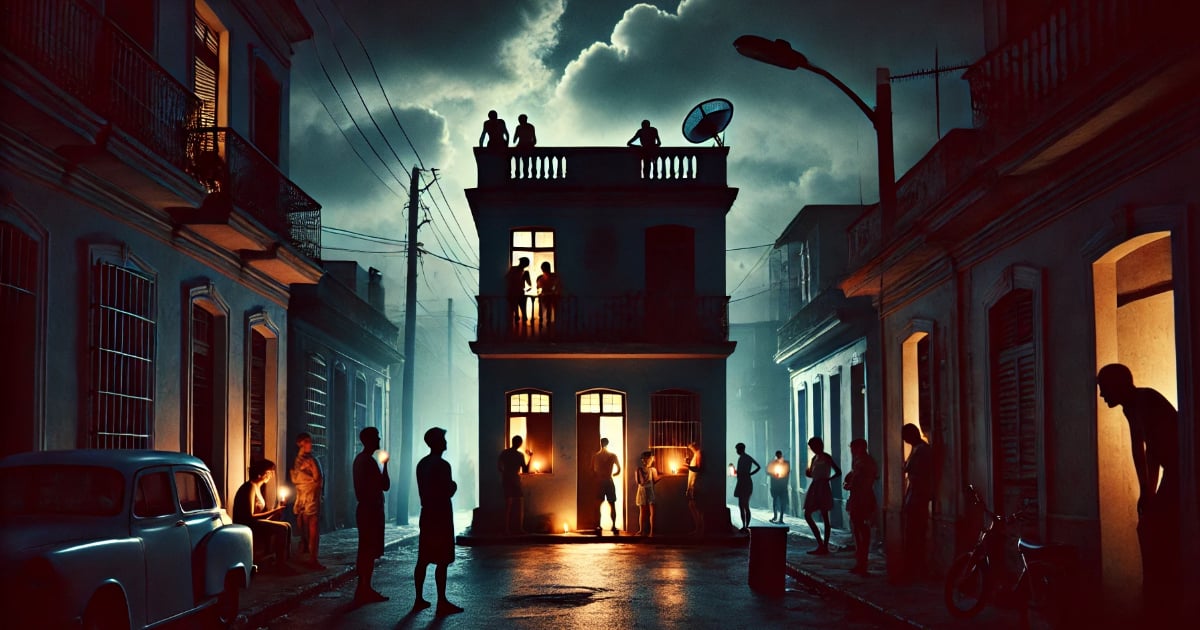
The energy crisis in Cuba continues to escalate, and the prolonged blackouts have plunged the population into growing despair.
With the Cienfuegos thermoelectric power plant out of service and a collapsed national electric system, thousands of Cuban families face frequent and prolonged daily interruptions in their electricity supply, affecting not only their routines but also their physical and emotional health.
The lack of electricity affects everything from food refrigeration to the inability to access basic services like drinking water. "We are getting used to living in the dark, and that is the saddest thing," commented a resident of Santiago on the social media of the Electric Union of Cuba (UNE) this Monday, upon seeing that the "affectations" reached 1,370 MW.
Social media has been filled with complaints and pleas from citizens, who not only demand an urgent solution but also criticize the lack of transparency and the ineffectiveness of the authorities to resolve a crisis that seems never-ending.
"It's chaotic to live like this, you can't plan anything," commented another user, describing how the blackouts affected both remote work and the well-being of his family, especially in a context where food and essential products are already scarce.
"How much longer will we have to endure this nightmare? You can no longer live in Cuba," said another user expressing total hopelessness in the face of a situation that seems to be worsening over time.
"Every day is suffering. The children can't sleep, there's no light, there's no water, there's nothing," protested a mother, highlighting the emotional and physical impact of blackouts on the most vulnerable sectors of the population, such as children and the elderly.
"The government only gives us excuses, but no solutions. We live worse every day"; "What good is having thermoelectric plants if none of them work? The situation is critical, and there are no signs of improvement," protested other Cubans.
"In my house, the blackouts last more than 12 hours. I can't even use the fan in this infernal heat." "My mom is sick and needs oxygen, but without electricity it's impossible to use the concentrator," others pleaded, highlighting how the blackouts are endangering human lives, especially for people with delicate health conditions.
"Before it was a few hours a day, but now we don't even know when we will have electricity," said a Cuban, echoing the uncertainty due to the lack of a reliable schedule for power outages, which creates constant anxiety in the population.
"We are in the 21st century and we still cannot have stable electricity. It is a total shame," lamented another user, calling for modernization and criticizing the delay the country is experiencing in such an essential area as electrical energy.
"The right to live is fading away," summarized a Cuban who, like millions, sees life increasingly unfolding amid greater shortages and difficulties, nearing a level similar to that of a people victimized by a slow genocide.
What do you think?
COMMENTFiled under:

